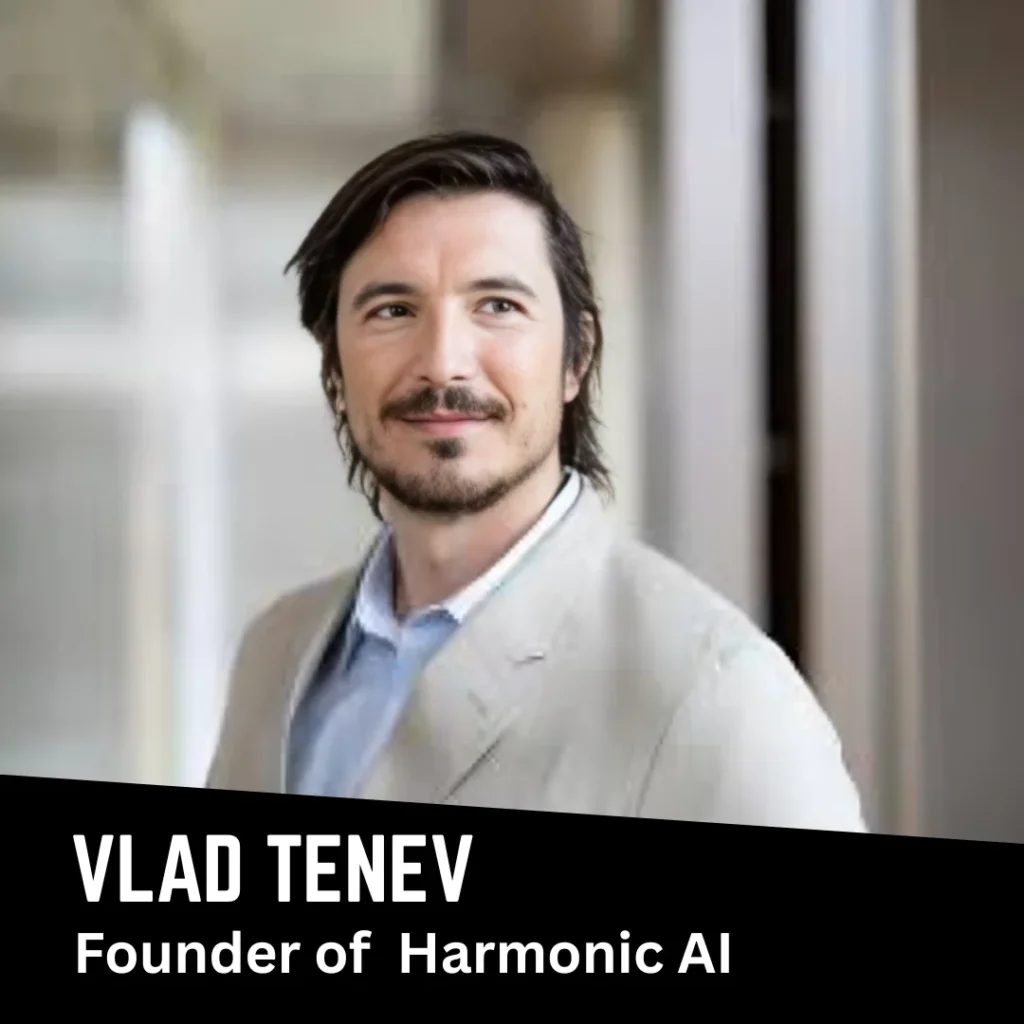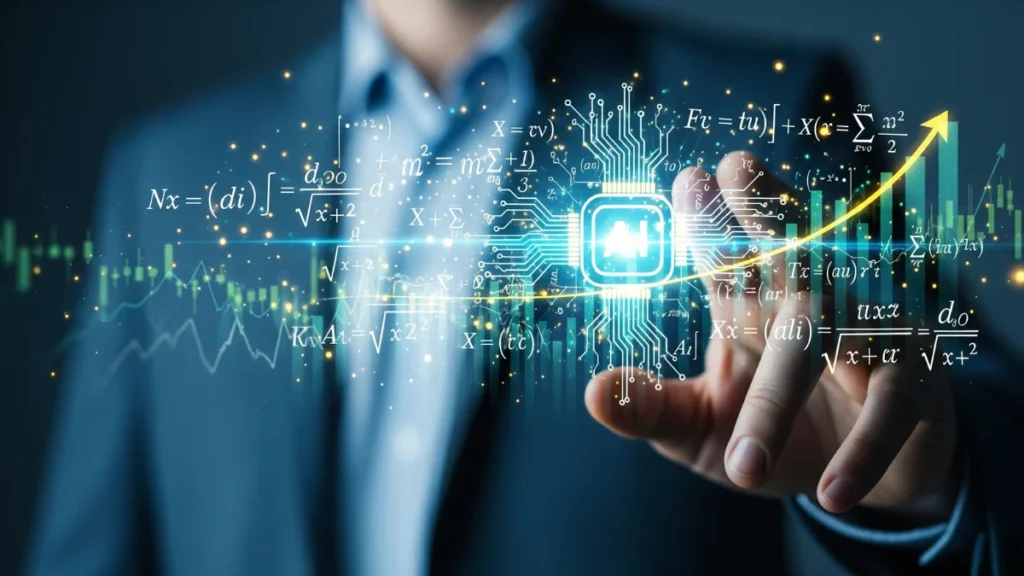Robinhood’s CEO is back—but this time, he’s not disrupting Wall Street. Instead, he’s gunning for a new frontier: solving unsolvable math problems with AI.
Key Takeaways:
- Harmonic AI raised $100M Series B, valuing it at $875M
- Co-founded by Robinhood CEO Vlad Tenev and Helm.ai’s Tudor Achim
- The startup’s model “Aristotle” aims to outperform humans at math
- Uses formal verification to avoid hallucinations in AI output
- Targeting breakthroughs in math, physics, and computer science
Robinhood CEO Vlad Tenev has set his sights on a bold new mission: building an AI capable of cracking the hardest math problems on Earth.
His new venture, Harmonic AI, co-founded with former Helm.ai executive Tudor Achim, just raised $100 million in Series B funding, valuing the company at $875 million—just shy of unicorn status. But for Tenev, this isn’t about hitting flashy valuations. It’s about changing the way artificial intelligence thinks.

“You never want to take the highest offer,” Tenev said, referencing his decision to stop short of the $1 billion mark. “Optimizing for valuation is never the right choice.”
Harmonic’s ambition is audacious: create “mathematical superintelligence.” The company’s first major product, an AI model dubbed Aristotle, is designed to outperform humans at solving complex math problems—an area where current AI models often stumble.
While large language models like ChatGPT or Claude excel at generating natural language, they often fumble when faced with intricate math. Harmonic’s bet is that focusing exclusively on mathematics, backed by a framework of formal verification, will make its model both powerful and trustworthy.
“Every piece of output, every step in reasoning, will be verifiably correct,” Tenev said. “This is a radically different way of building AI. And in my view, it’s the way forward.”
The funding round was led by Kleiner Perkins, with major backing from Sequoia Capital, Index Ventures, and Paradigm. Kleiner Perkins partner and physicist Ilya Fushman, who will join Harmonic’s board as an observer, called it “a new foundation for verified, scalable reasoning.”
Harmonic AI, based in Palo Alto, was founded in 2023 and has kept its mission focused. While most AI startups spread themselves thin trying to be general-purpose, Harmonic is laser-focused on math—with plans to expand into physics and computer science once its foundations are solid.
The company previously raised $75 million, also from Sequoia and Index. Now, with fresh capital and deep-pocketed investors, Harmonic plans to open access to Aristotle later this year—inviting researchers and the public to test-drive a model that may one day solve the unsolved.
As Robinhood expands its financial products globally, its CEO’s pivot into fundamental science hints at a deeper curiosity: what if the next big leap in science doesn’t come from a lab—but from a math-solving machine?
